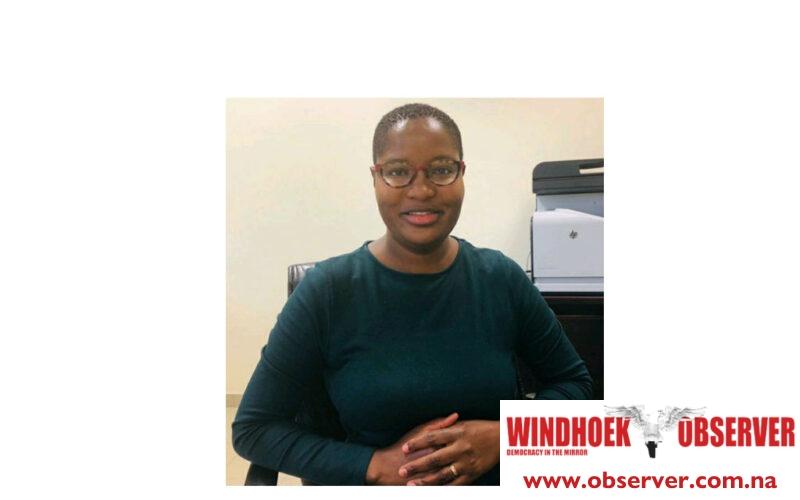Stefanus Nashama
The Ministry of Home Affairs, Immigration, Safety and Security has in total received 17,182 applications for birth certificates, Identity Documents (ID cards), and for the conversion of old South West African ID cards through the mass civic registration program countrywide.
According to Margaret Kalo, the Chief Public Relations Officer of the Ministry, the registration program began on 5 February and will run until 30 July 2024.
Kalo said 17,182 applications were received since the inception of the mass civic registration outreach program from 5 February to 12 March 2024.
The program aims to increase the registration coverage for national documents, more specifically for people in those in hard-to-reach areas such as villages, vulnerable communities, and schools.
Speaking to Windhoek Observer yesterday, Kalo said the program has picked up a reasonable number, with Namibians showing interest in having access to national documents.
“We want this news to reach across the country to ensure that people have registered for national documents,” she stated.
Kalo emphasised that the program is made available to make it easy for people who are not able to reach where such services are offered in the country.
According to the mass registration report from the Ministry, Ohangwena came first, receiving 2,649 applications, followed by Omusati with 1,653 applications, while //Karas came last by attracting 504 applications for national documents.
The report further revealed many people are flocking to register for birth certificates and ID cards.
So far, the report shows no Namibians have registered for SWA ID cards in the following regions: Oshana, Oshikoto, Khomas, Kavango West, and Zambezi.
In her request, Kalo urged members of the public across the country to utilise the mass civil registration outreach program to acquire national documents.
Services on offer during the outreach program include national documents such as birth registration for persons of all ages, applications for duplicate birth certificates, applications for identity documents and applications for duplication of identity documents.
The program will cover all 14 regions across the country.
Kalo further underscores that the Ministry has learned that there are still people without national documents in some communities.
“This is why the ministry introduced the outreach campaign for national documents,” she reiterated.
According to Kalo, birth certificate registration requires people to bring along proof of birth from where the child was born, parents’ national documents, valid passports (if parents are non-Namibians), marriage certificates (if parents are married), and declarations.
Proof of birth is obtainable from the hospital where the mother gave birth, or from a person who witnessed the birth in the case where the child being registered was delivered at home, she stressed.
Additionally, she informed the public that those applying for birth certificates for the first time, would not pay while those applying for duplicate birth certificates, would be charged a fee of N$100.
This, she said, increases to N$100 for every duplicate issued.
At the same time, Kalo indicated that those registering for ID are required to be Namibian citizens or permanent resident holders, be 16 years and above, and must have an original Namibian birth certificate and certified copy of the birth certificate or certified copies of citizenship and permanent resident permit certificates.
She added that officials at the mobile registration centres would take fingerprints and images for ID registrations.
Those applying for IDs for the first time will not pay while for duplicate IDs, people will have to pay N$150, which increases by the same amount for every duplicate ID issued, Kalo stated.
“The national documents are very important and provide a sense of belonging as well as establish a person’s legal identity.
National documents are also necessary for one to access services such as education, employment, social grants, opening of bank accounts and getting event study loans,” she stressed.
Additionally, Kalo emphasised that obtaining national documents provides statistical data that inform policy and planning at national and international levels.




